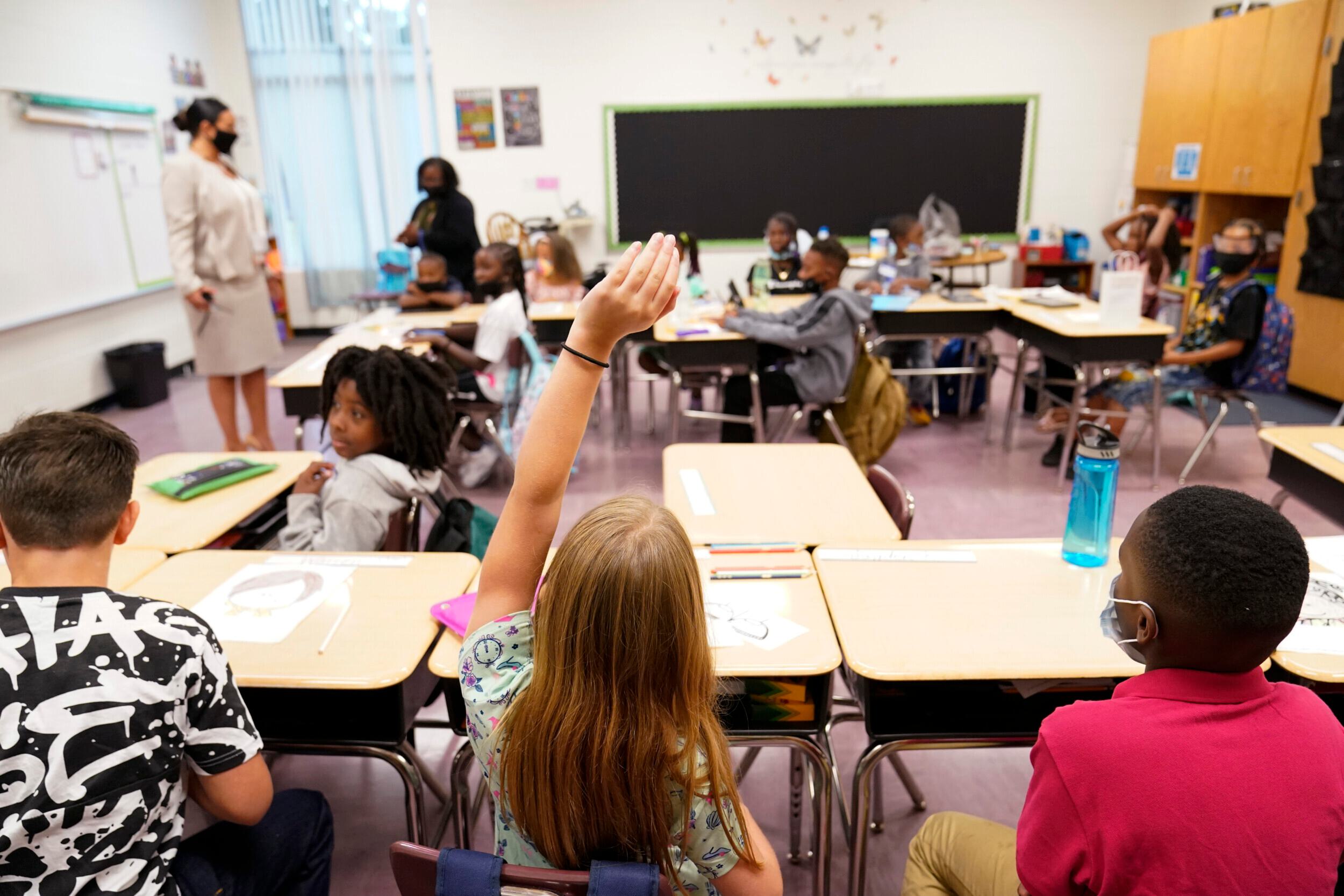Concerns linger for children 14 and older who can have unsupervised consultation with school mental health counselors without the knowledge or consent of parents.
In May, the legislature passed House Bill 123 (HB123), which was signed into law by Gov. Kay Ivey. The bill, sponsored by Alabama House Majority Leader Nathanial Ledbetter (R-Rainsville), permitted the state to have mental health counseling and services in every public school in Alabama.
State Sen. Sam Givhan (R-Huntsville) introduced a parent opt-in amendment, which allows parents to give permission before their child participates in any programs or sees a counselor.
The overwhelming concern with the bill has to do with longer-standing state law.
Section 22-8-4 of Alabama's legal code allows someone 14 or older to make their own medical decisions in the state of Alabama. This means that children over 14 in Alabama schools can participate in school mental health programs or visit a counselor, without the child's parents' consent.
Givhan's opt-in amendment did not include an opt-out option, meaning that children over the age of 14 would automatically be signed up for mental health programs.
Givhan told 1819 News that, in hindsight, the lack of an opt-out option was an oversight. He said that lack of transparency could lead to issues, especially if a child is receiving treatment outside of school, of which the counselor is unaware.
"If a parent just doesn't care, then they're not going to opt to get out because they won't take the effort; they're just going to be like, 'Whatever,'" Givhan told 1819 News. "So then parents can opt-out who are worried about, 'Hey, what are you talking to my child about? I need to be in the loop.'"
Several parents spoke to 1819 News about their concerns with the system. Some described scenarios where their children were asked questions about their home life and relationship with their parents. These children are allowed unfettered communication with personnel who could, in turn, report to the Department of Human Resources.
"As a physician, I recognize that medicine – and I do consider mental health a part of medical treatment – is never as good when it is government-ran, and I would say that for all healthcare facilities. Everything the government is doing is not top-notch," said Holly Gunn, a Birmingham mother and physician.
"As a parent, I would rather the issue be brought to me, rather than the government taking over that parental role," Gunn said.
Everyone agrees that it is a complicated issue. While on the one hand, they believe options are needed for students with a less than healthy home life. On the other hand, many parents are concerned with the possibility of invasive or indoctrinating influences of which a parent would be unaware.
"Here was the challenge: there are a lot of parents who are just bad parents," Givhan said. "They are not involved; they don't care. How do you balance that out with parents that do care and are not interested in the government taking over their child from cradle to grave? So that was part of the struggle we were having."
"I don't think anyone is scared of the system as a whole, doing something wrong to their child," Gunn said. "I think we are scared of one person giving a child wrong or biased ideas behind closed doors in a closed room."
"[B]ad things happen behind closed doors all the time between kids and adults; we know this from history."
To connect with the author of this story, or to comment, email craig.monger@1819news.com.
Don't miss out! Subscribe to our newsletter and get our top stories every weekday morning










